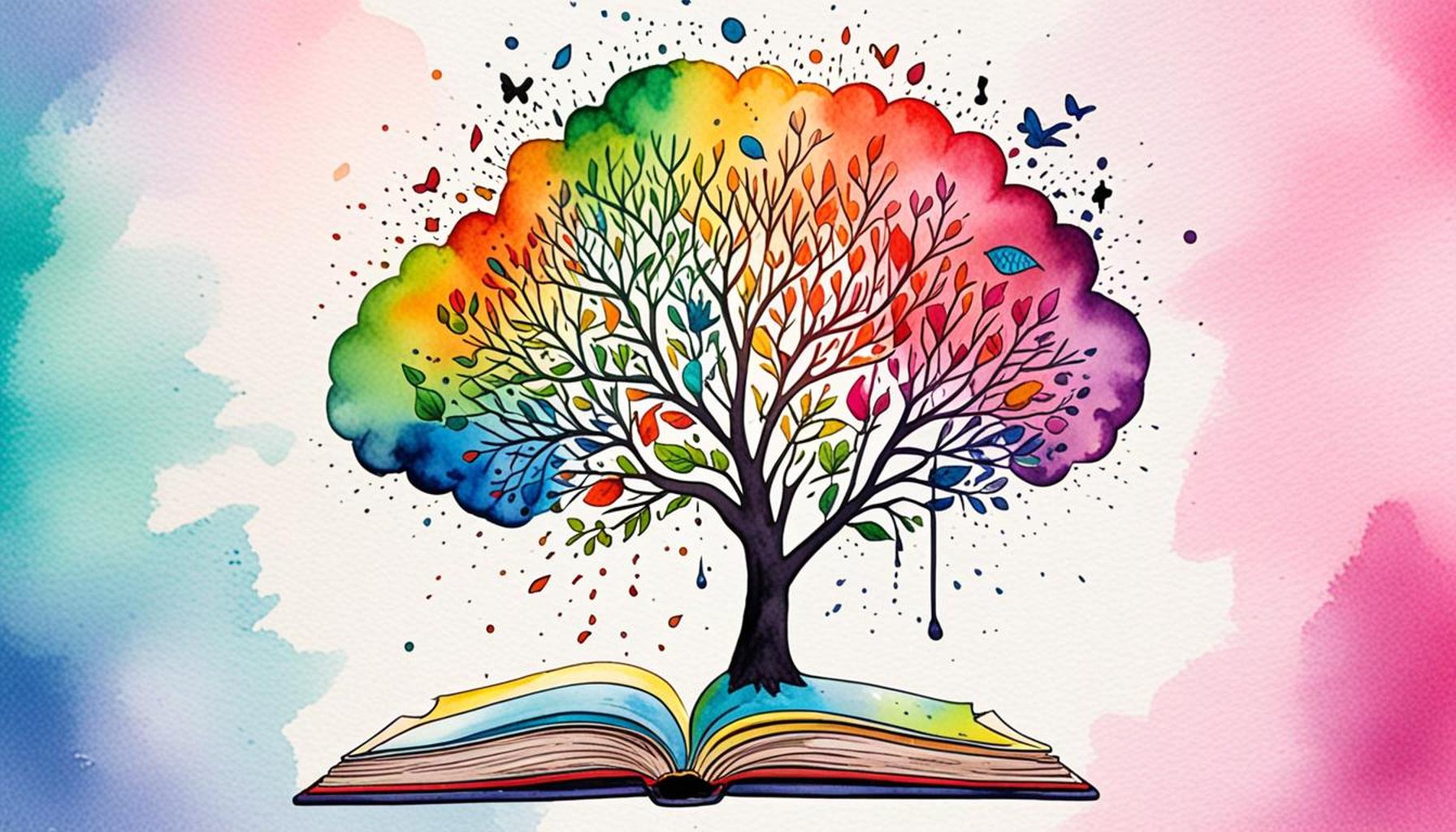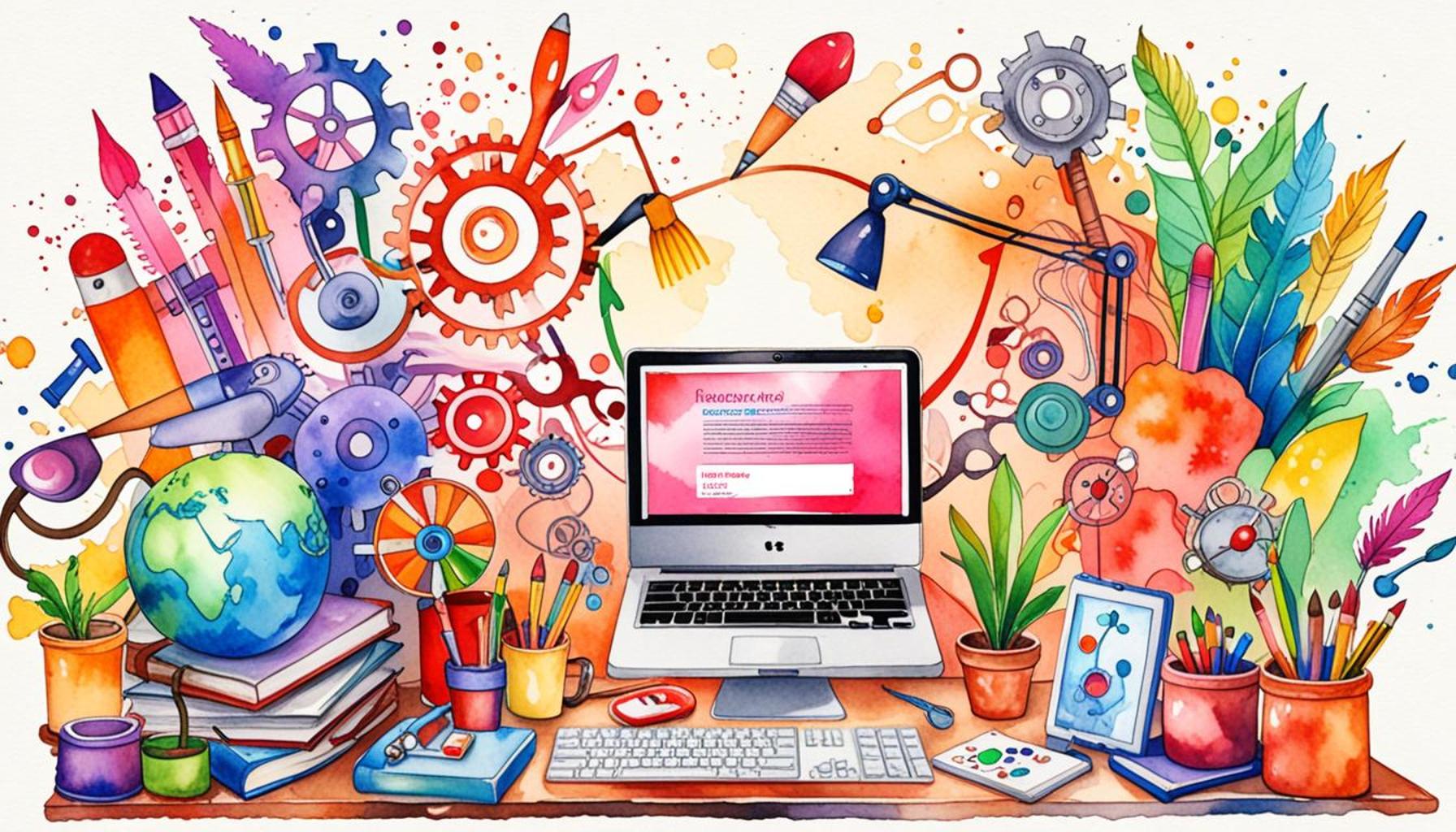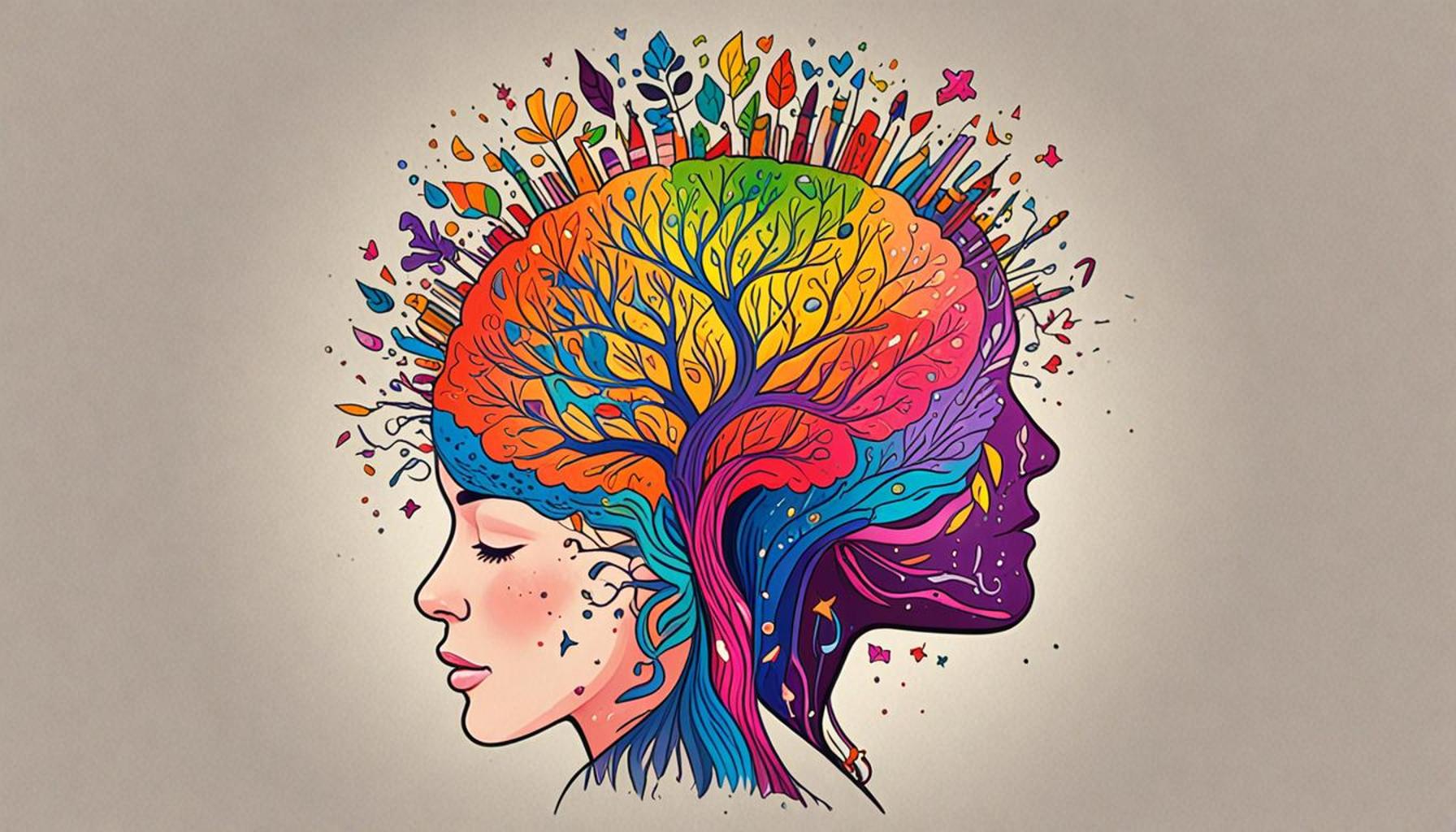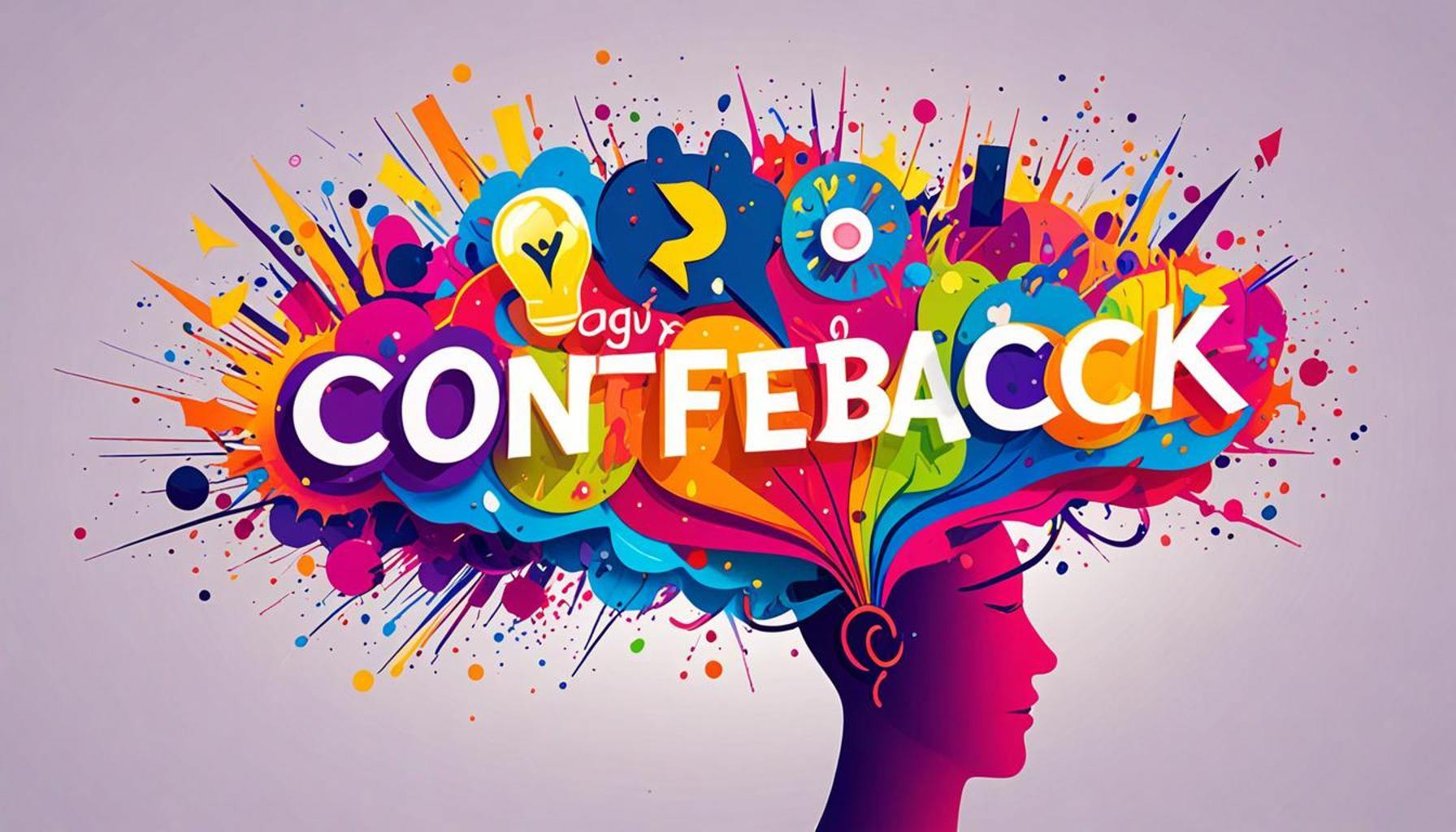The Importance of Continuous Learning in Building a Growth Mindset

The Importance of Lifelong Learning
In today’s fast-paced environment, the need for continuous learning is becoming increasingly vital. As various industries evolve at breakneck speeds, staying updated with new skills and knowledge has transformed from a luxury into a necessity. Continuous learning is not merely about formal education; it encompasses informal learning, self-directed study, and experiential knowledge acquisition. This dedication plays a fundamental role in nurturing a growth mindset, which profoundly influences an individual’s capacity to adapt and thrive.
Why Embrace a Growth Mindset?
The concept of a growth mindset, introduced by psychologist Carol Dweck, centers around the belief that intelligence and abilities can be cultivated over time through effort, learning, and perseverance. Individuals with a fixed mindset view their capabilities as immutable, leading them to shy away from challenges. In contrast, those with a growth mindset embrace difficulties as opportunities for personal development. Here are several compelling reasons to adopt a growth mindset:
- Enhances resilience to challenges: Embracing failures and setbacks as part of the learning process helps individuals bounce back stronger and more informed.
- Encourages creativity and innovation: Those with a growth mindset are more likely to take risks and explore unconventional solutions to problems, thereby fostering innovation.
- Promotes a proactive approach to problem-solving: People with a growth mindset are motivated to seek out new skills and knowledge, making them more adept at addressing challenges effectively.
Continuous Learning in Nigeria
In Nigeria, the necessity for continuous learning is particularly evident in various sectors such as technology, healthcare, and education. The proliferation of digital platforms has made access to online courses and workshops more feasible than ever. For instance, platforms like Coursera and Udemy offer courses tailored to local needs, enabling professionals to enhance their skills from the comfort of their homes.
Additionally, local initiatives, such as community workshops and mentoring programs, play a pivotal role in fostering a culture of learning among Nigerians. By participating in such programs, individuals not only widen their professional networks but also gain practical insights that enrich their knowledge base. This commitment to learning equips individuals with the tools necessary for career advancement and also facilitates economic growth at a national level.
Ultimately, embracing continuous learning is essential for those looking to build a growth mindset. By equipping themselves with knowledge, Nigerian professionals can not only improve their employability but also contribute positively to their communities. The journey of learning opens up new avenues, encouraging individuals to see obstacles as mere stepping stones toward success.
This article aims to shed light on the myriad benefits of adopting a continuous learning mindset, urging readers to reevaluate their approaches to challenges and seize the abundant opportunities that lie ahead.
RECOMMENDED: Check out this similar article
Unlocking Potential Through Continuous Learning
In today’s fast-paced world, particularly in a dynamic environment like Nigeria, continuous learning has emerged as an essential strategy for personal and professional growth. With numerous sectors undergoing significant transformations driven by technological advancements, it is crucial for individuals to improve their skills and adapt to the evolving landscape. The ethos of continuous learning transcends traditional education, embracing a variety of methods that foster both individual development and societal progress.
Embracing a learning-oriented mindset motivates individuals to pursue knowledge through multiple avenues. This could range from participating in online courses, attending workshops, engaging in mentorship programs, or simply learning from peers. For instance, Nigeria’s emerging tech scene is a testament to the power of continuous learning. Professionals are not only turning to established platforms like Andela and Decagon for coding boot camps but are also engaging in live projects to bolster their hands-on experience. These platforms equip learners with practical skills, making them more marketable and valuable in the job market where tech skills are in high demand.
The Ripple Effect of Lifelong Learning
The implications of constant learning extend well beyond individual advantages, creating profound “ripple effects” within communities and industries. Here are several key impacts of continuous learning:
- Bridging the skills gap: As technology and industry standards evolve, the skills required often evolve as well. Continuous learning ensures that individuals are equipped with up-to-date skills and knowledge, which is critical in shrinking the skills gap and enhancing overall workforce effectiveness.
- Fostering collaboration: Becoming part of diverse learning communities stimulates teamwork and the exchange of ideas. This collaborative environment can give rise to innovative solutions that effectively address local challenges, such as improving access to education or creating sustainable businesses.
- Encouraging a cycle of mentoring: When individuals acquire new skills and knowledge, they are often inspired to give back by mentoring others. This transfer of knowledge creates a virtuous cycle that not only benefits the mentor and mentee but also enriches the wider community with a culture of learning and growth.
In Nigeria, where challenges concerning education and employment opportunities are prevalent, the importance of a continuous learning mindset cannot be overstated. This approach empowers individuals to navigate systemic challenges while seizing new opportunities for personal and economic growth.
The interplay of continuous learning and a growth mindset forms a resilient framework for future success. As individuals commit to a path of lifelong education, they enhance their trajectories and contribute significantly to the broader narrative of progress and innovation in the nation. In an age where change is the only constant, embracing continuous learning is not just beneficial; it is imperative for cultivating a skilled, adaptable, and innovative workforce poised to shape the future of Nigeria.
The Importance of Continuous Learning in Building a Growth Mindset
Continuous learning is not just an academic endeavor; it is a crucial component in shaping a robust growth mindset. As individuals strive to improve themselves, they must embrace the philosophy that abilities and intelligence can be developed through dedication and hard work. Here are some pivotal aspects to consider:
1. Adaptability in a Fast-Paced World
The world is evolving at an unprecedented rate, driven by technological advancements and social shifts. Continuous learning enables individuals to adapt to these changes, ensuring their skills remain relevant. Those who regularly engage in skill development and education are better equipped to handle unforeseen changes in their careers and personal lives, contributing to a resilient mindset.
2. Embracing Challenges
A key trait of those with a growth mindset is their willingness to embrace challenges. Continuous learning fosters a deeper understanding of one’s capabilities and limitations. By tackling new subjects or techniques, individuals build confidence that empowers them to face uncomfortable situations, paving the way for growth and personal development.
| Advantage | Description |
|---|---|
| Enhanced Problem-Solving Skills | Continuous learning sharpens one’s ability to analyze situations and devise effective solutions, leading to better decision-making. |
| Greater Self-Efficacy | Acquiring new knowledge boosts self-confidence, allowing individuals to believe in their skills and take on new challenges. |
3. Lifelong Networking Opportunities
Engaging in continuous learning often opens doors to networking opportunities with peers and professionals in the field. These connections can provide valuable insights, mentorship, and collaborative opportunities that further enhance one’s growth journey. Building a supportive network of like-minded individuals fosters a positive atmosphere where learning thrives.By fostering an environment where continuous learning is celebrated and pursued, individuals can cultivate a growth mindset that leads to improved outcomes in all areas of life. Invest in learning, embrace challenges, and watch your capabilities expand exponentially.
ADDITIONAL INSIGHTS: Expand your understanding here
Transforming Challenges into Opportunities
As individuals engage in continuous learning, they cultivate a mindset that sees challenges as opportunities for growth. This shift in perspective is pivotal to developing a growth mindset, which emphasizes perseverance, resilience, and the belief that abilities can be developed through dedication and hard work. In Nigeria, this mentality can be particularly transformative, allowing individuals to navigate complex socio-economic landscapes while seizing new avenues for progress.
One remarkable example of this can be observed among Nigerian entrepreneurs, who often encounter several obstacles, such as limited access to financing and bureaucratic red tape. Rather than being deterred, many choose to educate themselves about market mechanisms, seek out fellow entrepreneurs for advice, and attend relevant workshops to enhance their business acumen. Programs like Rise Africa provide invaluable resources and networking opportunities that empower local businesses to flourish amidst challenging conditions. By embracing continuous learning, these entrepreneurs not only bolster their own ventures but also contribute to communal economic vitality.
Leveraging Technology for Learning
Technological advances play a crucial role in facilitating continuous learning, particularly in Nigeria, where access to online resources has expanded dramatically. Platforms such as Coursera, LinkedIn Learning, and local initiatives like LearnAM enable individuals to access a wealth of knowledge from anywhere, breaking barriers associated with traditional education. This democratization of learning reduces dependency on formal institutions and allows people from various backgrounds to enhance their skills and employability.
Moreover, the integration of technology in education has resulted in a surge of online communities where learners can collaboratively solve problems, share insights, and create innovative projects. For instance, the Nigerian Coding Community provides a collaborative space for developers to learn from one another while working on real-world projects that address local challenges such as enhancing agricultural productivity or improving healthcare delivery systems. This form of active, peer-based learning aligns with the principles of a growth mindset and demonstrates the transformative potential of collaborative learning in a digital age.
Creating a Culture of Innovation
In Nigeria, fostering a culture of continuous learning can lead to a wider acceptance of innovation and experimentation. As individuals embrace the idea that failure is an essential part of the learning process, they become more willing to take risks. Innovations emerging from this learning-centric culture can drive not only economic growth but also social change. Organizations such as the Tony Elumelu Foundation have recognized this and actively promote entrepreneurship by funding startups and providing training, ensuring that aspiring business leaders have the knowledge and skills needed to thrive in the global market.
Furthermore, the integration of continuous learning into corporate structures ensures that businesses remain competitive in an ever-changing landscape. Companies focusing on employee development report higher levels of job satisfaction and retention. By offering training and development opportunities, organizations are not just investing in their workforce but are also contributing to the overall enhancement of skills within the local economy.
Ultimately, the marriage between continuous learning and a growth mindset creates an ecosystem ripe for innovation, resilience, and cultural shifts that can redefine Nigeria’s socio-economic fabric. The more individuals and organizations commit to an ongoing learning journey, the more they will uncover pathways toward a more prosperous and enlightened future.
SEE ALSO: Click here to read another article
Conclusion
In conclusion, the intertwined relationship between continuous learning and a growth mindset is essential for personal and professional development, especially within the Nigerian context. By fostering a culture that embraces ongoing education, individuals can transform their outlook on challenges, viewing them as stepping stones to success rather than obstacles. This progressive mindset not only empowers Nigerians to adapt to a rapidly changing global economy but also stimulates innovation across various sectors.
The advent of technology has further democratized access to knowledge, erasing barriers that once limited learning opportunities. With platforms like Coursera, LinkedIn Learning, and local initiatives such as LearnAM, individuals are equipped with diverse resources to enhance their skills, ultimately promoting employability and entrepreneurial growth. The role of community learning cannot be understated, as collaborative environments like the Nigerian Coding Community illustrate the power of shared knowledge in tackling real-world issues.
As the nation continues to embrace the principles of continuous learning, organizations also benefit from investing in employee development, leading to a more skilled workforce and increased job satisfaction. As seen through examples such as the Tony Elumelu Foundation, nurturing innovation can yield significant returns, cultivating a vibrant economy built on resilience and creativity.
Ultimately, the journey toward a growth mindset through continuous learning will shape the future of Nigeria, paving the way for individuals not only to achieve personal aspirations but also to contribute meaningfully to the broader societal landscape. Now is the time for individuals and organizations alike to commit to lifelong learning, ensuring that they remain relevant and equipped for whatever challenges lie ahead.


